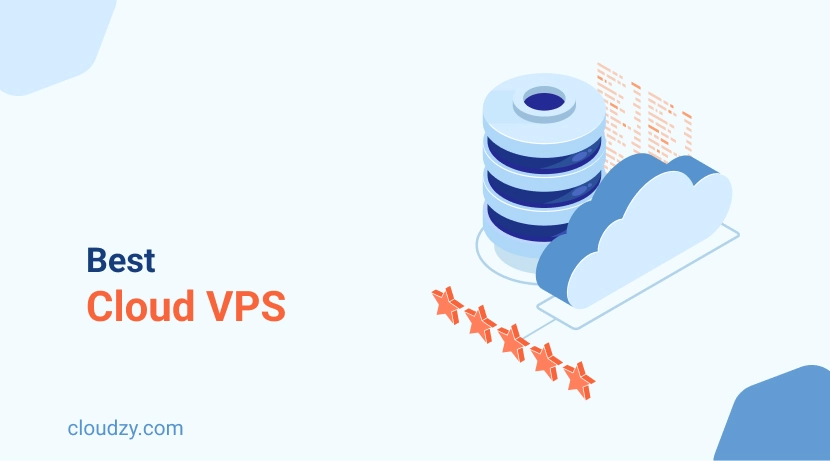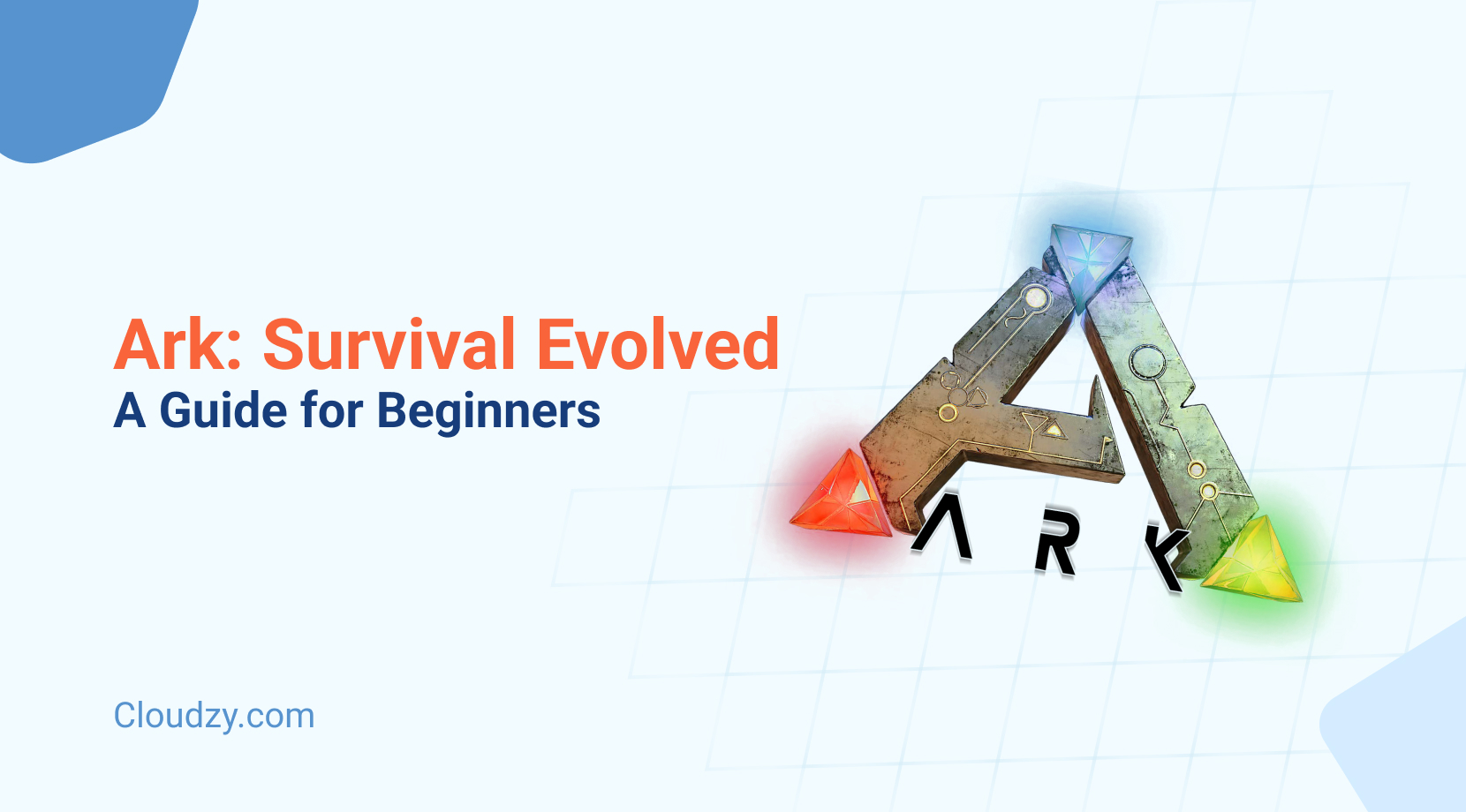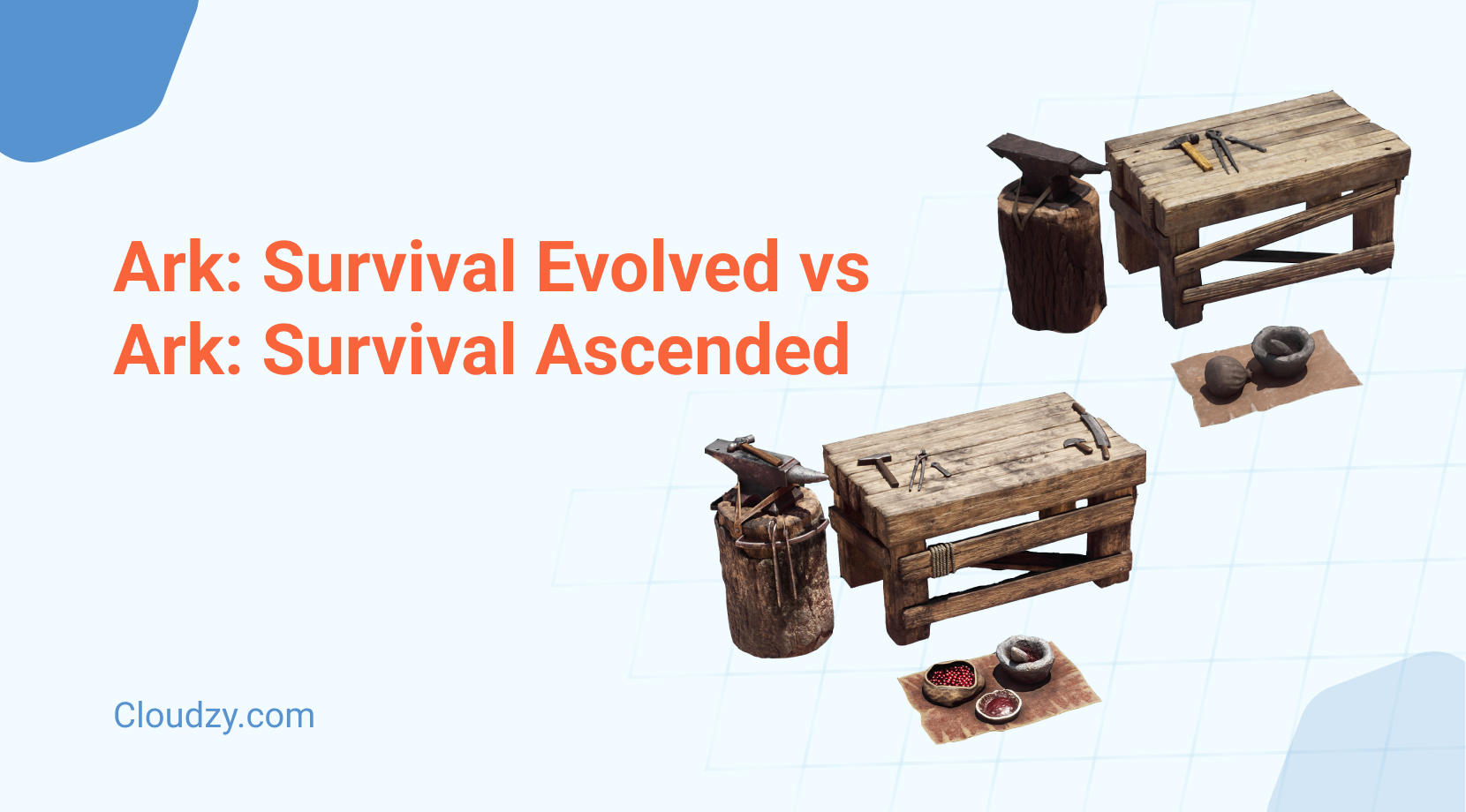From the days of shared hosting, technology has come a long way in developing newer, better hosting solutions. The latest, and probably most exciting, hosting solution is the Cloud VPS. The best Cloud VPS hosting is all about improving simple virtual private servers for better efficiency and easier user experience.
There’s one major difference between Cloud VPS and normal VPS. This main advantage differentiates Cloud VPS hosting from all forms of hosting services. If you are eager to learn more about this service and where to find the best Cloud VPS hosting, keep reading!
What is a Cloud VPS?
A Cloud VPS is the offspring of combining Cloud computing and virtual private servers. Let me break it down for you. Cloud computing, in a simple definition, is the process of managing, storing, and processing our data online through a network of servers hosted on the internet.
A VPS, Virtual Private Server, is an isolated virtual environment on a physical server. Basically, virtualization technologies like KVM will slice a physical server’s hardware resources like RAM, CPU, and storage into smaller fractions to create multiple virtual machines.
Now, if you combine these two technologies, you’ll get a Cloud VPS. The key advantage of Cloud VPS is resource allocation. Instead of using a portion of one physical server’s resources, Cloud VPS’s resources are split between multiple servers.
Best Cloud VPS in 2024
Now that you know what a Cloud VPS is, let’s review all the top Cloud VPS providers in the market. Stay tuned and learn how to choose the right provider after the list!

Cloudzy
Cloudzy is among the best VPS hosting providers on the market. Offering the best SSD VPS with 99.95% uptime, Cloudzy ensures that your VPS does not give up on you.
We offer our Cloud services with the support of top-tier technology and exceptional infrastructure. We also have cloud-based VPS for a wide range of servers. It’s not just about hosting a website, you can get Cloud servers specifically dedicated to gaming, trading, etc. We’ve got all the determining features of an excellent Cloud VPS: security, support, seamless integration, or scalability. Our servers are unmanaged and come with full root access, so you can play around and customize your Cloud VPS based on your preferences. And with our prices starting at $4.95/m, Cloudzy is also the cheapest Cloud VPS. Don’t hesitate to start your hosting journey with our Cloud VPS and get your VPS today!

Fastcomet is a top Cloud VPS hosting provider that claims to be the premium hosting service that people need.
They offer quality services with a 45-day money-back guarantee. However, Fastcomet has two major problems; a lack of customization options and expensive plans. Both of these drawbacks root in the same issue. Fastcomet includes lots of fancy features in its plans. With other providers, you usually need to get these features separately, which is reasonable cause you may not need all those built-in features. And since almost everything is included, you don’t get a chance to customize your plan.
| Pros | Cons |
|---|---|
| Next Generation Network Advanced APIs Dynamic scaling | Hard to work with dashboard Irresponsive technical support Low variety of operating systems |
 |
||
| Available Locations | 15 Locations | 11 Locations |
| 24/7 Support | ✓ | ✓ |
| Uptime | 99.95% | 99.99% |
| PAYG | ✓ | ✓ |
| Payment Methods |  Credit Cards  Mastercard  Visa  PayPal  American Express  Bitcoin |
 Credit Cards  Mastercard  Visa  American Express  PayPal |
| Money-Back Guarantee | ✓ | ✓ |
 |
||
| 2 GB | $ 9.95 /m | Not included |
| 4 GB | $ 19.95 /m | $ 36 /m |
| 8 GB | $ 36.95 /m | $ 72 /m |
| 16 GB | $ 69.95 /m | $ 144 /m |

Akamai
Akamai (formerly known as Linode) strives to enhance the accessibility, affordability, and simplicity of virtual computing. The company offers 11 global markets through its data centers worldwide.
Akamai (Linode) aims to empower developers and businesses by giving them the necessary tools and resources to build, deploy, and scale applications effortlessly and with a reasonable price in the cloud. However, Linode users are forced to work with a panel that is not exactly user-friendly. On top of that, if you have any questions, you must wait for ages to get a response from the support team.
 |
||
| Available Locations | 15 Locations | 15 Locations |
| 24/7 Support | ✓ | ✗ |
| Root Access | ✓ | ✓ |
| Payment Methods |  Credit Cards  Mastercard  Visa  PayPal  American Express  Bitcoin  Discover |
|
| Services | 14 days credit refund | 30-day money-back guarantee |
 |
||
| 2 GB | $ 9.95 /m | Not Included |
| 4 GB | $ 19.95 /m | $ 13.99 /m |
| 8 GB | $ 36.95 /m | $ 17.99 /m |
| 16 GB | $ 69.95 /m | $ 29.99 /m |

InMotion
Another best VPS hosting provider is InMotion. With VPS solutions specifically designed for web hosting, InMotion can be a suitable solution if you need a VPS only to host websites.
Another notable advantage of InMotion’s plans is the variety of options. This ensures users with different needs and budgets can choose what fits them. However, since their plans are only Linux-based, they don’t offer Windows servers which is a disappointing limitation for so many users.
| Pros | Cons |
|---|---|
| User-friendly Scalability options | Expensive prices Limited locations Additional fee for backups |
 |
||
| Available Locations | 15 Locations | 2 Locations |
| Uptime | 99.95% | 99.99% |
| Root Access | ✓ | ✓ |
| Payment Methods |  Credit Cards  Mastercard  Visa  PayPal  American Express  Bitcoin |
Not mentioned |
| Services | 14 days credit refund | 90-days money-back guarantee |
 |
||
| 2 GB | $ 9.95 /m | Not Included |
| 4 GB | $ 19.95 /m | $ 54.99 /m |
| 8 GB | $ 36.95 /m | $ 84.99 /m |
| 16 GB | $ 69.95 /m | $ 121.99 /m |

Digital Ocean is the quintessential 'by the developers for the developers' VPS platform. As a result, navigating through their services and getting a grip on things can be a bit difficult for the average person.
Droplets are, in fact, cloud servers that run Linux as their operating system. Droplets come in three shapes; Standard, General Purpose Performance, and CPU Optimized Performance. In our comparison table, we have included the standard plan. Although DigitalOcean is a great provider, many users have repeatedly reported they have troubles with the panel since it’s not beginner-friendly. They also tend to answer with automated support messages, which can make things even harder for beginner users.
| Pros | Cons |
|---|---|
| Affordable price range Rich knowledge base | Not beginner-friendly |
 |
||
| Available Locations | 15 Locations | 9 Locations |
| 24/7 Support | ✓ | ✓ |
| Uptime | 99.95% | 99.99% |
| PAYG | ✓ | ✓ |
| Payment Methods |  Credit Cards  Mastercard  Visa  PayPal  American Express  Bitcoin |
|
| Money-Back Guarantee | ✓ | ✗ |
 |
||
| 2 GB | $ 9.95 /m | $ 10 /m |
| 4 GB | $ 19.95 /m | $ 20 /m |
| 8 GB | $ 36.95 /m | $ 40 /m |
| 16 GB | $ 69.95 /m | $ 80 /m |
Differences Between a VPS and a Cloud VPS
Now that you’re familiar with what a Cloud VPS is, let’s dive into the main differences between a VPS and a Cloud VPS:

Infrastructure

Scalability

Reliability

Pricing Model

Security
Now, let’s have an overview of the differences between VPS and Cloud VPS:
| Differences | Shared Hosting | VPS Hosting | Cloud VPS Hosting |
|---|---|---|---|
| Dedicated Resources | ✗ |
✓ |
✓ |
| Scalability | ✗ |
✓ |
✓ |
| Security | Fairly low | Secure | At risk of breaches |
| Reliability | Unreliable | Fairly reliable | Highly reliable |
| Cost | Usually cheap | Depends on the provider | Most cost-efficient option due to PAYG |
How to Choose the Best Cloud VPS
Now, let’s review the most important criteria for choosing the best Cloud VPS provider.

1. Performance

2. Scalability

3. Reliability

4. Security

5. Customer Support
Wrapping Up
In conclusion, when comparing Cloud VPS with traditional VPS hosting, it becomes evident that Cloud VPS offers numerous advantages that make it a superior choice for many businesses and individuals over traditional VPS. Cloud VPS provides cost efficiency by allowing users to pay for the resources they use, scaling up or down as required. The scalability feature gives you optimal performance and resource utilization. Additionally, the reliability, availability, and performance of Cloud VPS are enhanced by the underlying infrastructure and the interconnected network of servers. Cloud VPS is the ideal choice for those seeking a flexible, reliable, and cost-effective hosting solution, and by choosing the right provider, you can get the most out of Cloud VPS benefits.
FAQ
Cloud VPS is a hosting solution based on Cloud computing that allows you to have access to a large server pool and take advantage of all the technical resources in the network.
Traditional VPS is a partitioned virtual space on one physical server that’s exclusively yours. A Cloud VPS, on the other hand, is not limited to one server for getting the required resources. It relies on an interconnected network of servers and is able to jump between servers to get the required amount of resources. Aside from fundamental infrastructure differences, these two services also differ in important features. For example, Cloud VPS supports the Pay-As-You-Go payment method and is more scalable, meaning you can upgrade and downgrade it based on your needs.
While Cloud VPS is advertised as a cheap service, most providers lean toward expensive prices. Cloudzy, on the other hand, cares about the experience users have, from the very beginning to the VPS itself. That’s why we are offering one of the most affordable prices in the market.
Yes, Cloud VPS technology is a fairly safe and secure hosting solution and can be further secured with anti-virus and anti-malware software.
Cloud VPS (Virtual Private Server) offers several benefits compared to traditional hosting or dedicated servers. Here’s a list of key advantages offered by Cloud VPS: Scalability, cost-efficiency and usage-based payment, reliability, and enhanced performance and reduced latency.




